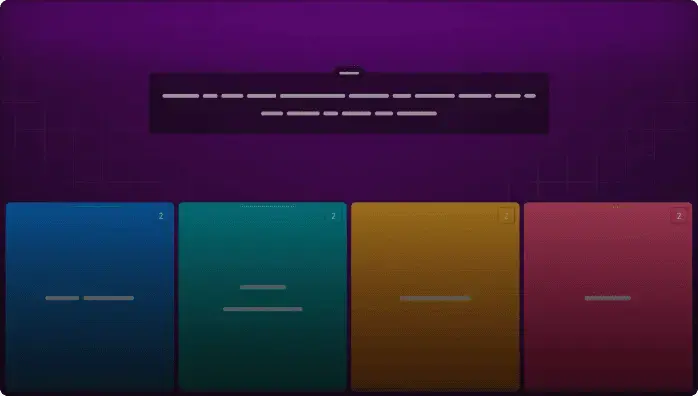
Finding Nouns, Verbs, and Subjects 1
Assessment
•
Cinco Delgado
•
English
•
9th Grade
•
13 plays
•
Medium
Student preview

30 questions
Show answers
1.
Multiple Choice
What is the difference between a noun and a compound noun?
A noun is a word or set of words for a person, place, thing, or idea. A noun of more than one word (tennis court, gas station) is called a compound noun.
They are the same thing
A noun has more than one word
A compound noun has more than one word
2.
Multiple Choice
What is the difference between a common noun and a proper noun?
There are common nouns and proper nouns. Common nouns are words for a general class of people, places, things, an ideas (man, city, award, honesty). They are not capitalized. Proper nouns are always capitalized. They name specific people, places, and things (Joe, Chicago,
Academy Award).
They are the same thing
Common nouns are words for a general class of people, places, things, and ideas. Proper nouns are for specific people, places, and things.
Common nouns are words for a general class of people, places, things, and ideas, and are not capitalized. Proper nouns are for specific people, places, and things and are capitalized.
3.
Multiple Choice
What is a verb?
A verb is a word or set of words that shows action (runs, is going, has been painting); feeling (loves, envies), or state of being (am, are, is, have been, was, seem).
A word that functions the same as a noun.
A word that shows action and feelings.
A word that shows actions, feelings, or a state of being.
4.
Multiple Choice
What are State-of-Being verbs called?
State-of-being verbs re called linking verbs. They include all forms of the verb to be, plus such words as look, feel, appear, act, go, followed by an adjective.
linking verbs
phrasal verbs
helping verbs
5.
Multiple Choice
What is the difference between a phrasal verb and a helping verb?
Verbs often consist of more than word. For instance, had been breaking down is a four-word verb. It has a two-word main verb, breaking down (also called a phrasal verb) , and two helping verbs (had and been). Helping verbs are so named because they help clarify the intended meaning.
A phrasal verb is a two-word verb, and a helping verb clarify meaning.
A phrasal verb helps clarify meaning, and a helping verb is a two-word verb.
A phrasal verb is a sentence, and a helping verb is a word.
Explore all questions with a free account
Find a similar activity
Create activity tailored to your needs using
.svg)

Nouns, verbs, pronouns
•
KG - 9th Grade

Subjects and Predicates
•
9th - 10th Grade

Finding Nouns, Verbs, and Subjects
•
9th Grade

Finding Nouns and Verbs 3
•
8th - 10th Grade

Finding Nouns, Verbs, and Subjects
•
9th - 12th Grade

Nouns, Verbs and Adjectives
•
6th - 10th Grade

Quiz 1- Trimester 2- Grammar
•
7th - 12th Grade

Adjectives Nouns Verbs
•
3rd Grade - University